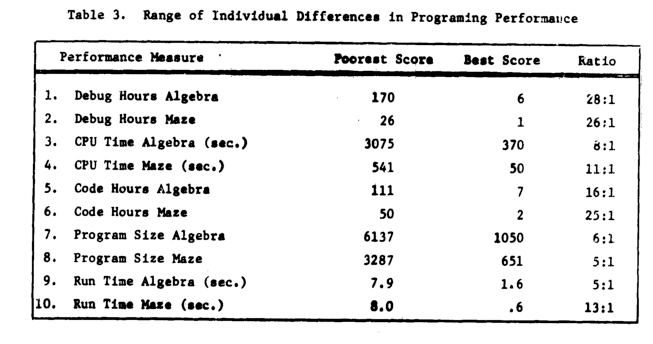Derek Jones from The Shape of Code
The following are the really, and somewhat, interesting books I read this year. I am including the somewhat interesting books to bulk up the numbers; there are probably more books out there that I would find interesting. I just did not read many books this year, what with Amazon recommends being so user unfriendly, and having my nose to the grindstone finishing a book.
First the really interesting.
I have already written about Good Enough: The Tolerance for Mediocrity in Nature and Society by Daniel Milo.
I have also written about The European Guilds: An economic analysis by Sheilagh Ogilvie. Around half-way through I grew weary, and worried readers of my own book might feel the same. Ogilvie nails false beliefs to the floor and machine-guns them. An admirable trait in someone seeking to dispel the false beliefs in current circulation. Some variety in the nailing and machine-gunning would have improved readability.
Moving on to first half really interesting, second half only somewhat.
“In search of stupidity: Over 20 years of high-tech marketing disasters” by Merrill R. Chapman, second edition. This edition is from 2006, and a third edition is promised, like now. The first half is full of great stories about the successes and failures of computer companies in the 1980s and 1990s, by somebody who was intimately involved with them in a sales and marketing capacity. The author does not appear to be so intimately involved, starting around 2000, and the material flags. Worth buying for the first half.
Now the somewhat interesting.
“Can medicine be cured? The corruption of a profession” by Seamus O’Mahony. All those nonsense theories and practices you see going on in software engineering, it’s also happening in medicine. Medicine had a golden age, when progress was made on finding cures for the major diseases, and now it’s mostly smoke and mirrors as people try to maintain the illusion of progress.
“Who we are and how we got here” by David Reich (a genetics professor who is a big name in the field), is the story of the various migrations and interbreeding of ‘human-like’ and human peoples over the last 50,000 years (with some references going as far back as 300,000 years). The author tries to tell two stories, the story of human migrations and the story of the discoveries made by his and other people’s labs. The mixture of stories did not work for me; the story of human migrations/interbreeding was very interesting, but I was not at all interested in when and who discovered what. The last few chapters went off at a tangent, trying to have a politically correct discussion about identity and race issues. The politically correct class are going to hate this book’s findings.
“The Digital Party: Political organization and online democracy” by Paolo Gerbaudo. The internet has enabled some populist political parties to attract hundreds of thousands of members. Are these parties living up to their promises to be truly democratic and representative of members wishes? No, and Gerbaudo does a good job of explaining why (people can easily join up online, and then find more interesting things to do than read about political issues; only a few hard code members get out from behind the screen and become activists).
Suggestions for books that you think I might find interesting welcome.



